Environmental Ethics
In stock
This volume spells out the implicit linkage between environment and non-violence. It explains the adverse effects of violence on environment and also on ongoing processes of sustainable development. It includes war between the countries, terrorism, crime, violence against women and girls or children, domestic violence, cruelty against animals, violence against geo-biodiversity, natural and man-made disaster at large. It discusses the cost of war, terrorism, violence, crime or destructive that forces to divert the developmental action to emergency assistance and there are evidences when the resources for emergency aid have fallen short of propels needs. The fund allocation and the development process that could have been available for long term development have been shifted to help alleviate the human cost or war and other violence. It also addresses about the ecological unbalance and loss of environment in terms of global warming, ozone depletion, heaviest and hazardous pollution in the society and tried to find out the ways to control these hidden killers from the international development agendas, epics and broadly accepted religious books of different community. Violence against the country, against the society or against the community is the most pervasive violation of not only the human rights but also to environmental norms in the world today and its forms both subtle and blatant and its impact on development profound. This book suggest the ways to control the violence for the sake of environment and for maintaining peace and also for ensuring better quality of man’s as well as organism’s life.

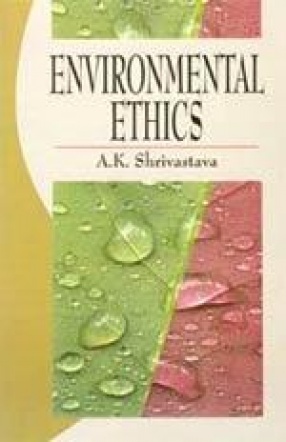
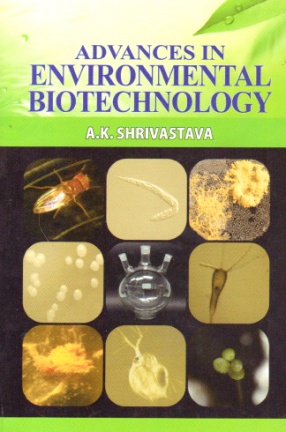
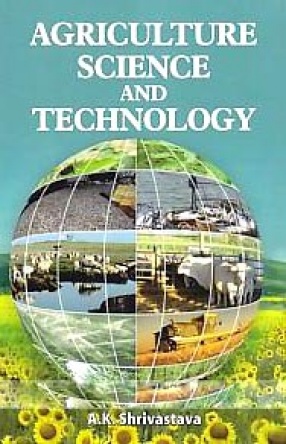

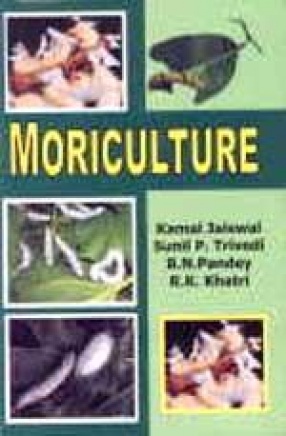
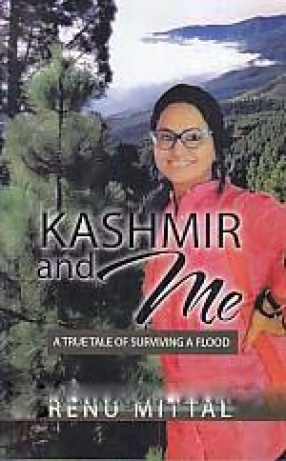
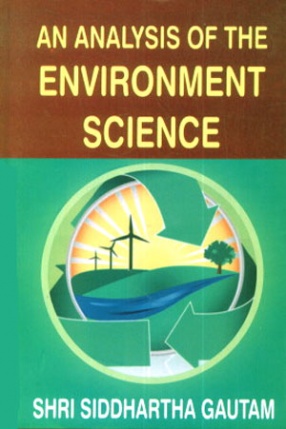
There are no reviews yet.